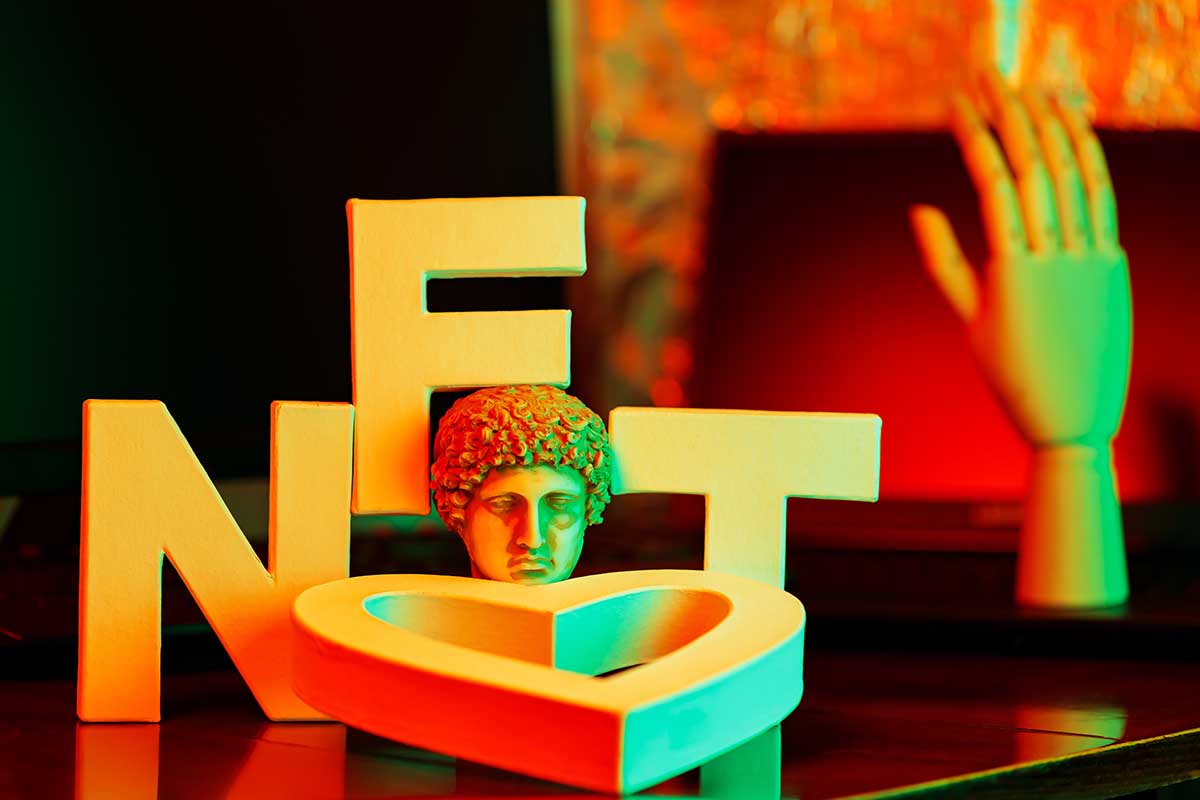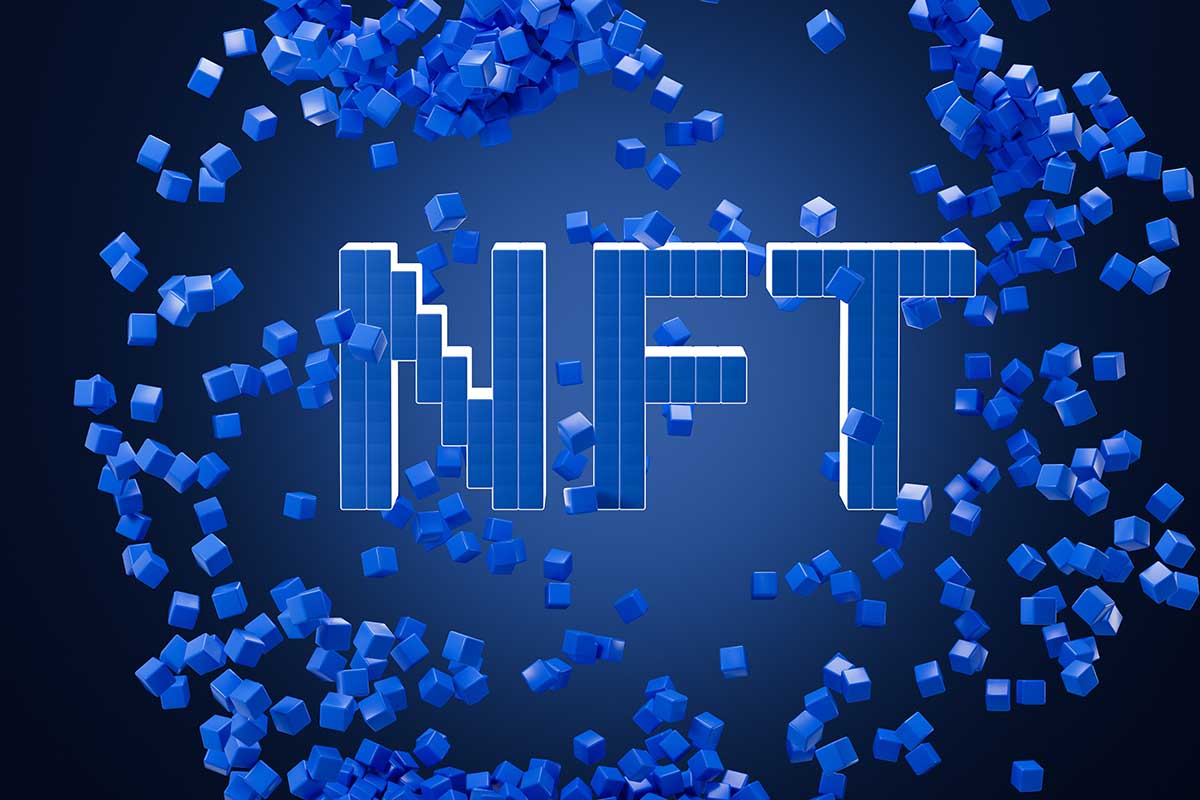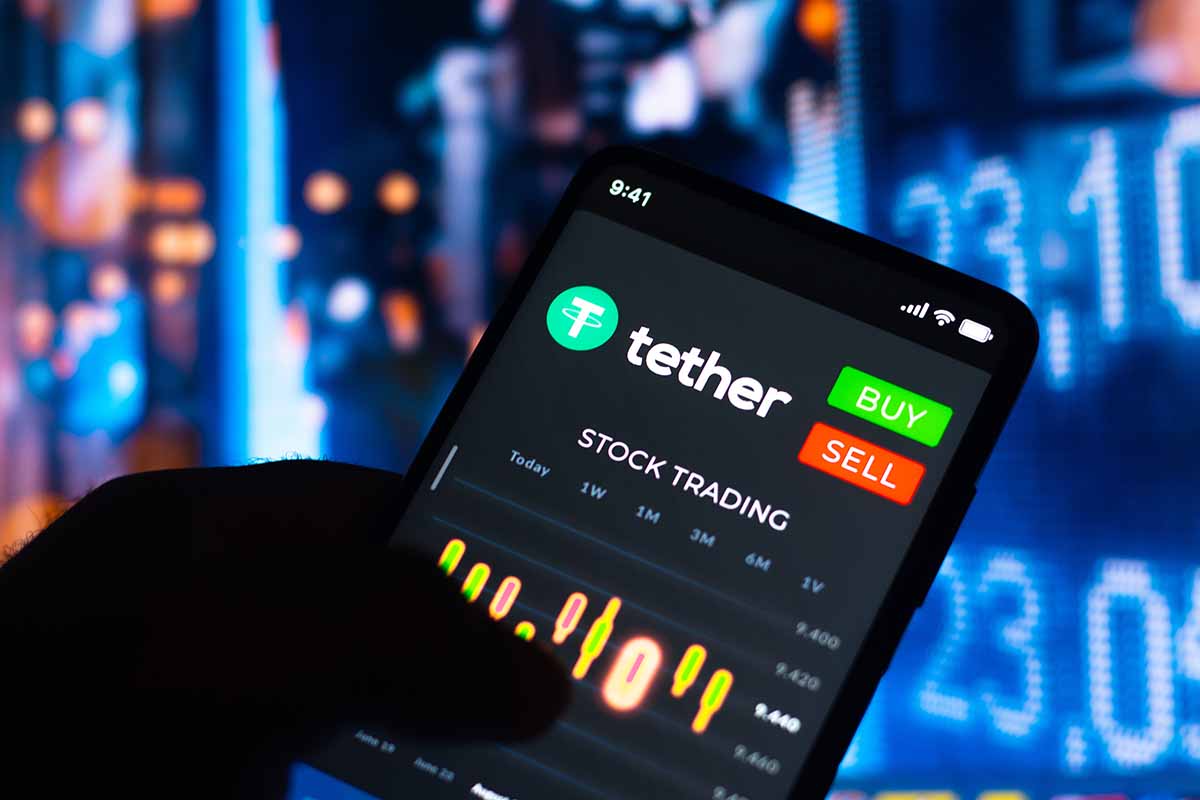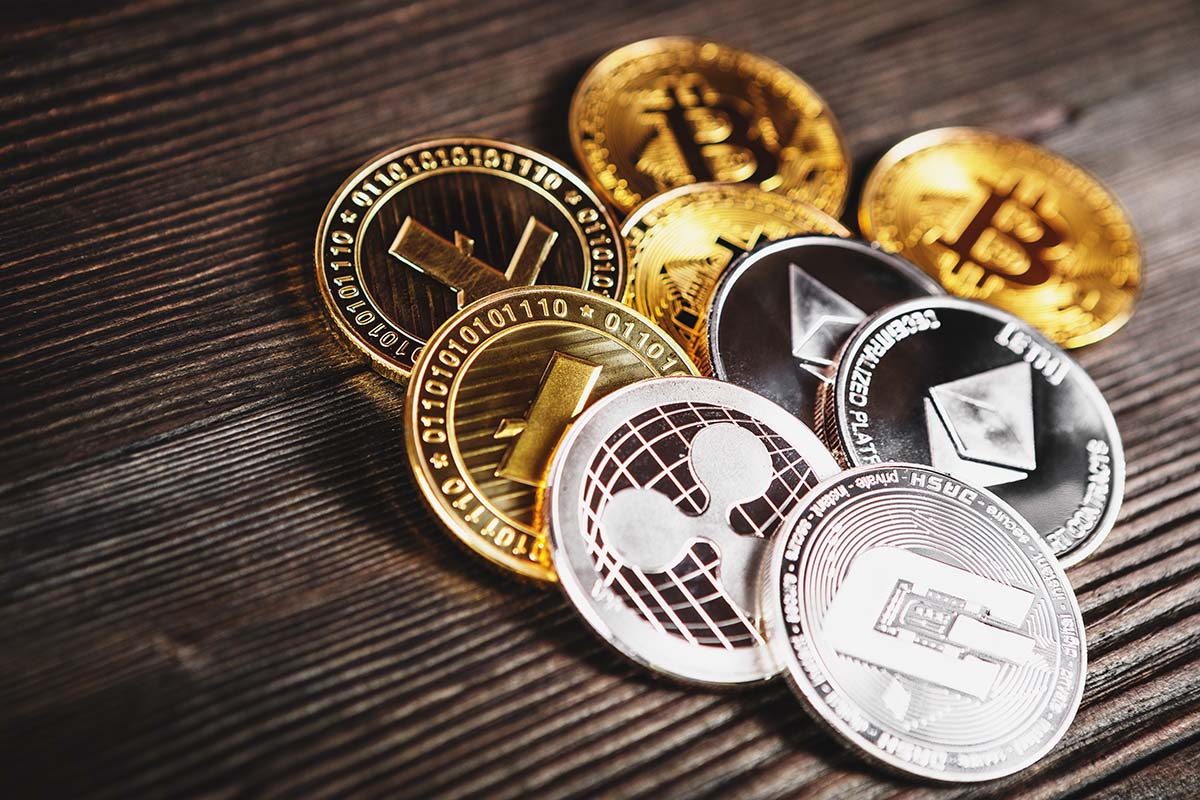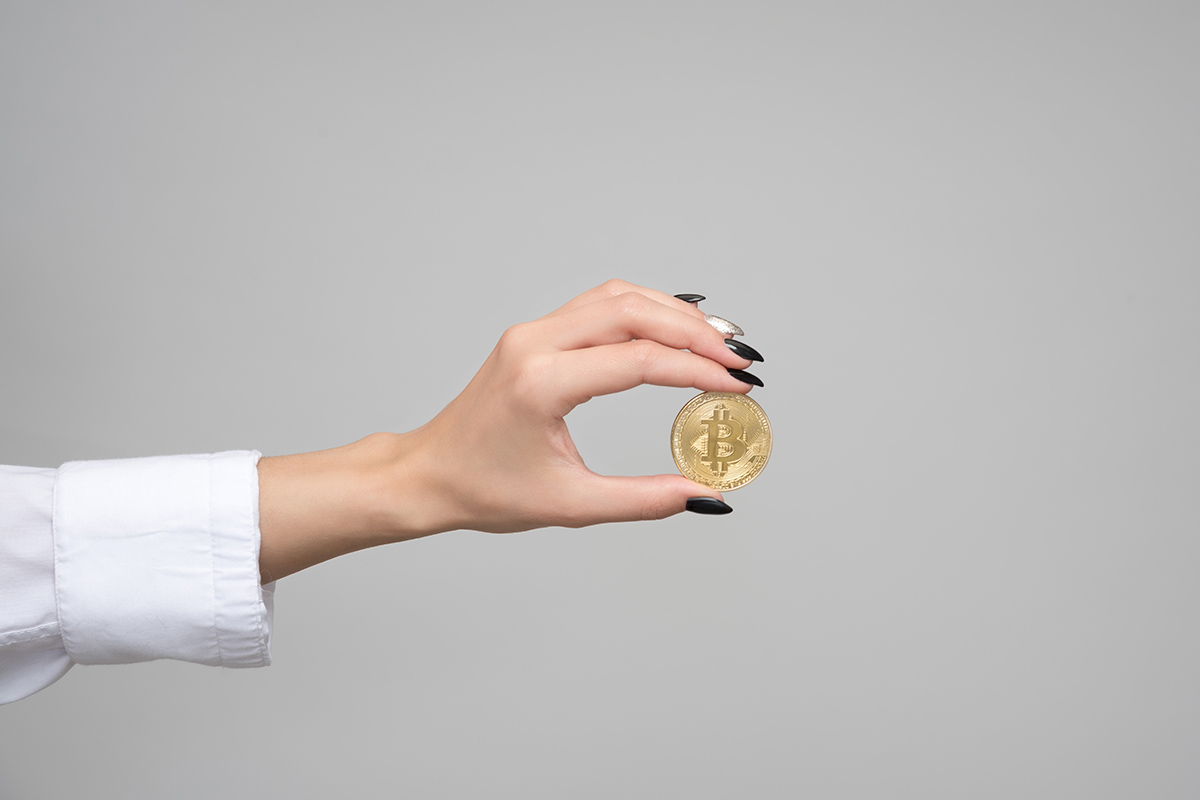How NFTs Are Redefining Digital Ownership for the Future
✨ Key Points
Digital Assets Gain Real Value – NFTs turn online creations into verified collectibles with authenticity, scarcity, and provenance built on blockchain.
NFT Development Companies Lead Innovation – Experts handle blockchain integration, smart contracts, and interoperability across platforms for global scalability.
Beyond Art: Games and Marketplaces Expand Use – NFT gaming, trading platforms, and play-to-earn ecosystems are shaping how people own and interact with digital property.
NFT development is transforming the concept of ownership online.
Copyright law has always given photographers, digital artists, and other creators ownership over the contents of their work, but non-fungible tokens add another layer.
They allow the digital art market to function like the offline art market or the rare books market.
There, particular copies of the same work are more valuable because they are original, scarce, or because of their provenance.
NFTs include proof of these attributes for digital assets listed on the Blockchain.
Over time, this simple but revolutionary idea will have far-reaching implications.
Here, we’ve gathered just some of the trends we’re likely to see emerge to help you be the investor who stays one step ahead.
Digital Creations as Collectibles
As discussed above, NFTs give digital assets similar attributes to collectibles like paintings, rare books, or even baseball cards.
So it’s no surprise that this has been the most high-profile application of NFTs to date.
Those who have already heard of NFTs have likely also heard of NFT projects like the Bored Ape Yacht Club.
This was a collection of cartoon ape images that sold for extortionate prices at the height of their fame.
They could command such prices because buyers knew they were getting something authentic and scarce.
And that’s one of the great advantages NFTs bring to asset ownership: there’s no risk of forgery.
But while some were buying to keep the pictures as cultural artefacts, others were hoping they could quickly sell to another buyer at a higher price.
Speculation in these assets is something we should expect to see much more of in the future.
The Dawn of the NFT Development Company
Creating an NFT isn’t quite as simple as just designing an image and putting it online.
Blockchain expertise is needed, especially for larger projects, which may have many people working on them globally.
These often require custom smart contracts and the integration of digital wallets.
An NFT development company is a firm that will provide these services to businesses in other industries, so that they can produce and benefit from NFTs too.
These companies provide tailored solutions, sometimes planning NFT development projects from scratch, and other times just handling the technical side.
The latter is where they really add a lot of value.
At present, there are various blockchains, each with its own currency and security protocols.
NFT development companies can help ensure that projects are interoperable, meaning that they work across many chains rather than being limited to one.
NFT Marketplace Development
An NFT marketplace is where people can list, buy, sell, or trade NFTs, kind of like an online brokerage account for trading stocks.
There are many to choose from, including OpenSea, Rarible, and Magic Eden. As NFTs mature and become more widely accepted as an asset class, the industry will likely consolidate into a few big players.
This could be the three just mentioned, or perhaps we will see new players emerge.
NFT marketplaces have a huge role to play in shaping the future of digital ownership, particularly when it comes to security.
While people can steal an ordinary image by making unlicensed copies, its creator hasn’t lost what they own, which is the right to the contents of that image. But because each NFT is unique, they can be stolen.
Unscrupulous people may try to acquire them through fraud and deception, which marketplaces must prevent.
NFT Gaming
While images and digital art are useful for explaining the concept of NFTs and why people buy them, they are not the only forms NFTs take.
NFT game development is another fast-growing area.
The integration of NFTs and video games generally takes two forms.
The first is tokenizing assets and collectibles inside games, like playable characters, costumes, weapons, and vehicles.
Rather than being unlocked through gameplay, they can be traded across global marketplaces.
The second form is known as play-to-earn. It describes a type of gaming where players are rewarded with NFTs or cryptocurrency based on the time they spend in the game or their achievements.
The prospect of earning for their time can be a big draw for gamers, and blockchain-based rewards like NFTs are ideal.
They can be delivered instantly, no matter where in the world the player is located.
Conclusion
These are just a few of the big themes in NFT development today, but the future may reveal many more.
Digital assets, where you own more than just the intellectual property, which can be transacted instantly between parties anywhere in the world, hold a lot of potential. It is hard to think of any other type of asset that has all of the same attributes.
There may even be none.
The vast majority of collectibles are physical, and therefore at risk of damage.
Plus, they need to be shipped.
Other assets that can be traded digitally, like stocks, are fungible.
One share in a company is the same as any other. NFTs are a new type of asset entirely, and that’s why, although the market seems quiet now, they’re silently shaping the future of digital ownership.
